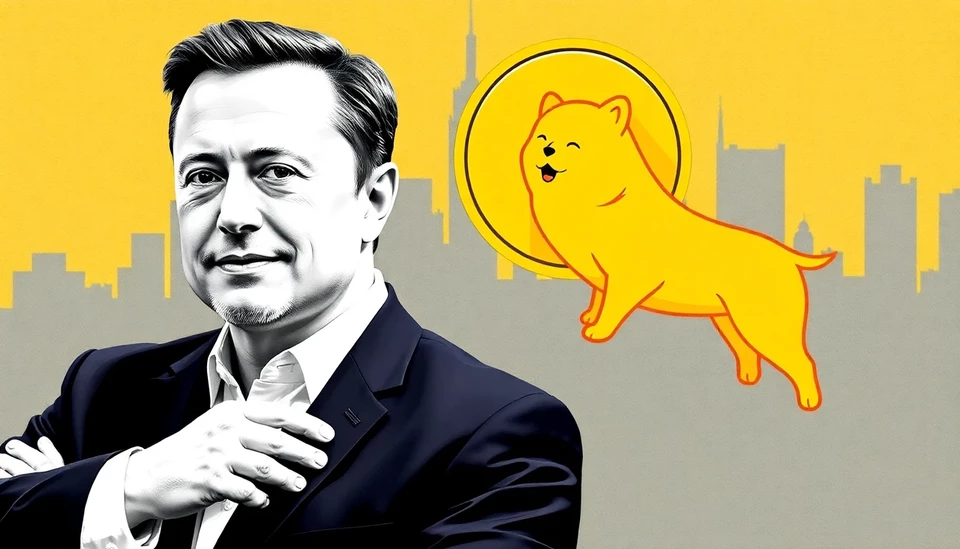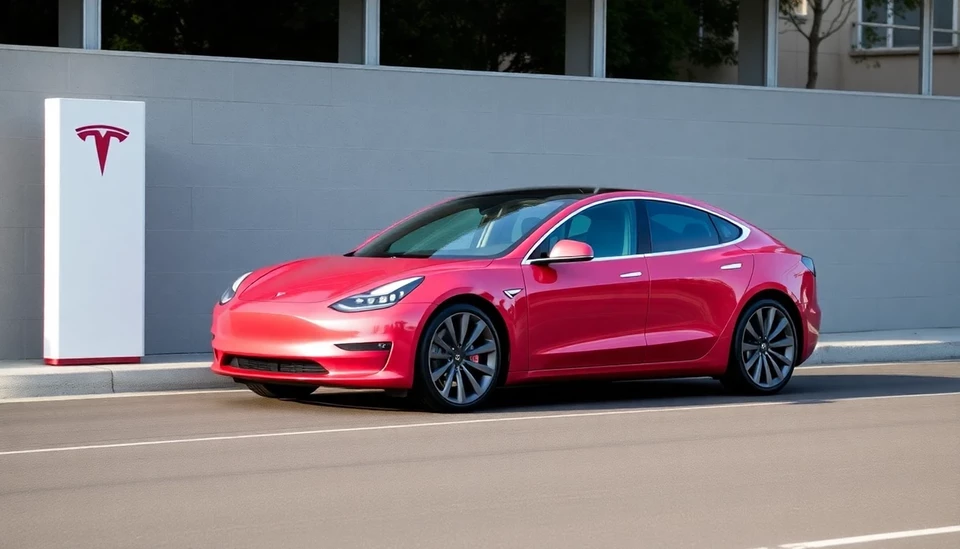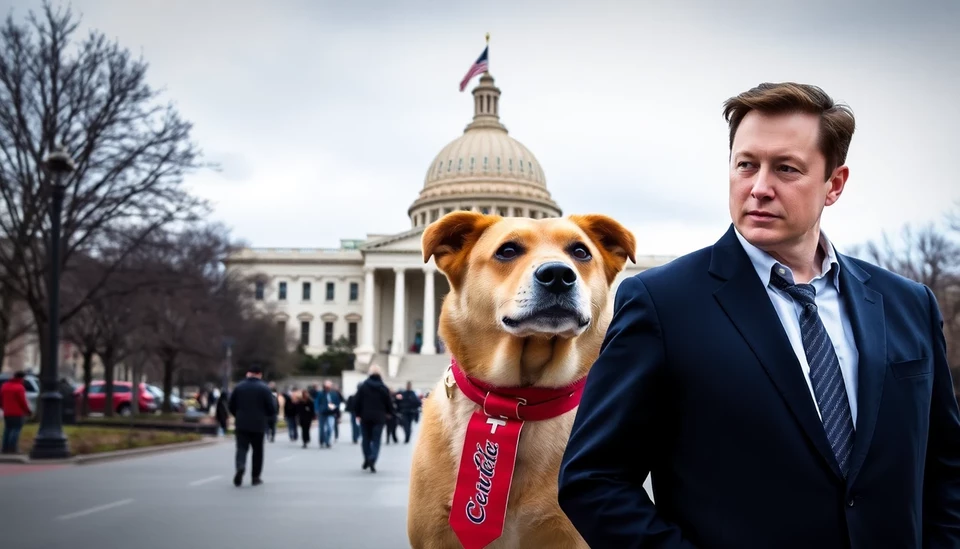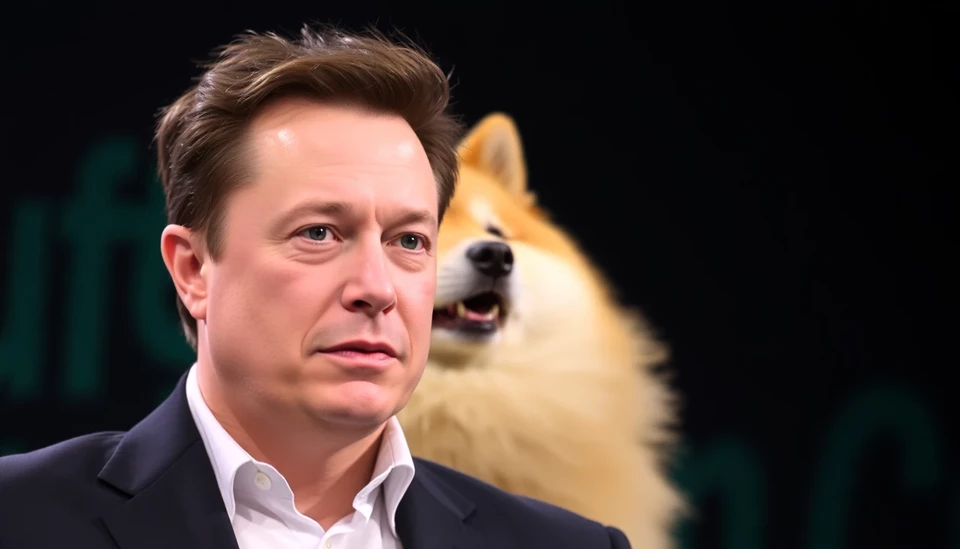
In a striking critique that has captured the attention of the financial world, New York City Comptroller Brad Lander has publicly accused Elon Musk of jeopardizing shareholder value due to his continued involvement with Dogecoin, the cryptocurrency that has seen surging popularity but remains highly volatile. Lander's comments reflect a growing concern among investors about Musk's attention on the meme-inspired cryptocurrency at a time when the focus should arguably be on more conventional business matters.
Lander's office has issued a detailed letter directing attention toward Musk, who is not only the CEO of Tesla but also heavily involved in multiple ventures, including SpaceX and Neuralink. The comptroller's stance is particularly significant as it comes in the context of Tesla's stock performance, which has faced turbulence in recent months. The municipal finance chief emphasized the potential risks involved for shareholders when executives, such as Musk, allow for distractions that may shift focus away from their primary responsibilities.
The letter outlined concerns regarding how Musk's Dogecoin activities could foster volatility, thereby potentially impacting investor confidence and Tesla's market value. As Musk has made headlines with various promotions of Dogecoin, ranging from tweets to public endorsements, stakeholders are left pondering the implications these actions could have on a company well-regarded for its innovation in electric vehicles and sustainability initiatives.
Some analysts believe Musk's public engagement with Dogecoin has transformed it into a form of personal branding, reflecting his entrepreneurial spirit while simultaneously posing risks typically viewed as counterproductive for corporate executives. Additionally, Lander pointed out how excessive indulgence in cryptocurrency can divert leadership's attention from critical business operations, including supply chain issues and competitive positioning in the electric vehicle market.
As the NYC comptroller's letter gained traction, many investors and shareholders echoed similar sentiments regarding the need for executive leaders to maintain a clear focus on core business activities. The letter concluded with a call for improved oversight on shareholder interests and an emphasis on the necessity for executives to avoid personal endeavors that could detract from their fiduciary responsibilities.
Musk has yet to publicly respond to the allegations, but his history of navigating the intersection of technology, innovation, and cryptocurrency suggests that this might not be the last we hear on the topic. Observers will be keen to see if this critique prompts any changes in how Musk balances his entrepreneurial pursuits with his role at Tesla.
In a rapidly evolving market, where both public and private sentiment hold significant sway over corporate images, the implications of Lander's statements will undoubtedly be closely watched by shareholders across the globe.
As the dialogue around corporate responsibility and executive focus continues, the case sheds light on the delicate balance leaders must navigate between personal interests and stakeholder expectations.
#ElonMusk #Dogecoin #Tesla #ShareholderValue #BradLander #NYCComptroller #Cryptocurrency #BusinessEthics #InvestorRelations #CorporateFocus
Author: Victoria Adams




